How to make a crowquill Avon float
The crowquill Avon float is a legendary trotting float for fast flowing rivers. Here's how to make one.
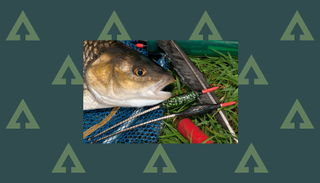
Welcome to Advnture, the new home of AnglersMail.co.uk
The float is best fished with three float bands: one on the tip, another on the bottom of the float’s balsa wood body with the third at the very base of the crowquill.
Some anglers prefer using a tungsten olivette for the majority of the bulk shot as this is denser and, being more streamlined, sinks faster and has less resistance to the strike than traditional bulk shot.
Although there are a few firms making excellent versions, including Drake Floats, they tend to be in short supply and relatively expensive.
Bill Rushmer, therefore, makes his own at a fraction of the cost.
It’s easy to make if you follow his simple step by step guide.
How to make this brilliant crowquill Avon float
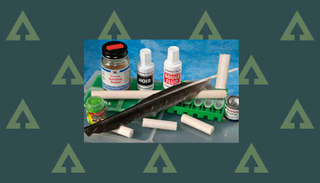
1. The materials you’ll need are crowquills (I collect them when out walking as it is illegal to shoot crows), balsa dowel, Araldite, sanding sealer, clear varnish, a correction fluid such as Tipp-Ex, black and green water based acrylic paints and fluorescent paint.
Advnture Newsletter
All the latest inspiration, tips and guides to help you plan your next Advnture!
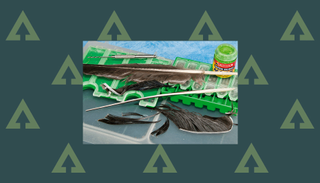
2. Strip the crowquill and give it a very light sanding to remove rough edges.
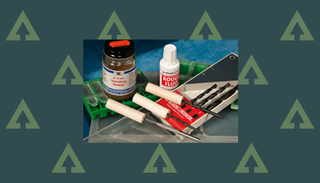
3. Cut your dowel to length and then use a bait drill to make a hole through the centre. Then enlarge the hole by using increasing diameter drills by hand.
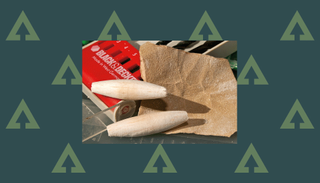
4. Shape the balsa wood body.
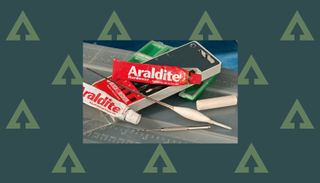
5. Mix the Araldite glue and fix the balsa wood body in position on the stem. Allow the glue to set.
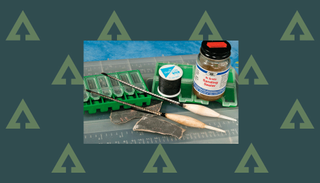
6. Whip the bottom part of the crowquill stem to strengthen it as shown. Then apply three coats of sanding sealer to the whole float, lightly flatting between each coat.
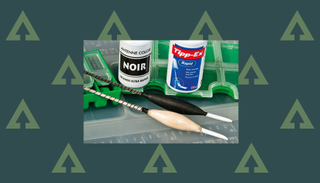
7. Tipp-Ex the tip and paint the body black.
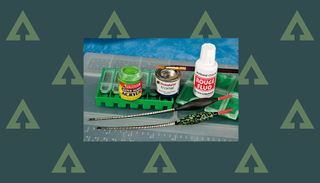
8. Add colour to the tip. I also mottle my balsa body with green. Allow to dry thoroughly before applying two coats of clear varnish.
Running from 1964 until 2020, Angler's Mail was the UK's leading weekly magazine devoted to coarse fishing, telling readers everything they needed to know about which fish to catch, where to catch them, and what kit they needed to do it. Now, loads of the magazine's expert advice can be found on Advnture.com, as a helpful resource for angling newcomers and experts alike.
Most Popular

